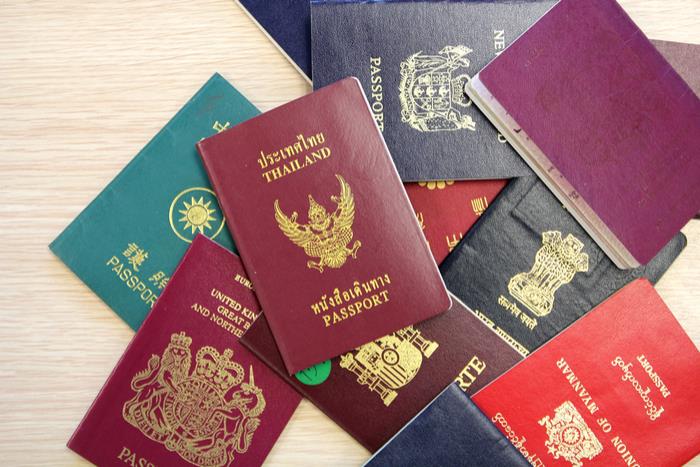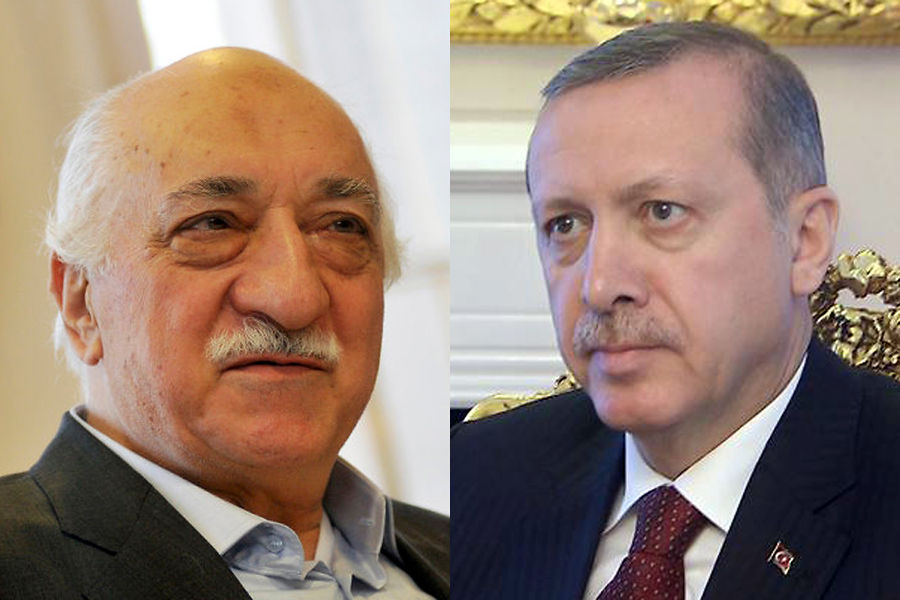Press Release
We live in a very uncertain world, currently fraught with geopolitical tensions, social upheaval and economic ups and downs. For these reasons – and more – people around the world, and especially in the Middle East, are increasingly looking for second citizenships to protect their assets and, more importantly, ensure a secure and prosperous future for themselves and their families.
The motivations for seeking a second citizenship are ranging from a desire to avoid difficult and often painfully long visa application processes to a desire for the peace and stability that often eludes many countries.
Jeremy Savory, founder & CEO, Savory & Partners, one of the largest companies in the Middle East that provides citizenship-by-investment programmes, commented:
“There are certain countries in the world where it’s legal to obtain citizenship, provided you meet certain criteria, one of which is the financial contribution you need to make, [through] real estate, financial products, or a one-time investment, which is non-refundable.”
“Right now, there are a lot of countries in this region where people don’t feel like they can travel freely into the Schengen zone in Europe, or to the UK or the US,” he says.
Other cases, however, are more unique. Savory & Partners has helped a Bedoon, one of the more than 100,000 officially “stateless” individuals that call the GCC home.
“This wasn’t about getting a second passport. It was actually this person’s first passport. Trying to prepare a file for someone that doesn’t have much to go on in terms of showing they exist is very tricky,” he says of the case.
For some, having a second passport is nothing more than a sound financial decision. “We’ve had royal family members come to us and say that whenever they want to buy a property, they submit their passport copy, it says “HRH” on it and the price goes up,” Mr. Savory notes. “The cost of getting the passport will save that price increase.”
Citizenship and residency programmes around the world are vastly different, each with their own requirements, benefits, timeframes and obligations.
Citizenships from St Lucia and Dominica, for example, can be obtained in a few months with investments from as little as $100,000 without any obligation to live there for any amount of time.
Permanent residency from countries such as Spain and Portugal, on the other hand, require investments of €500,000 ($623,000) and can take as long as ten years to process.
Perhaps understandably, the most in-demand citizenships are those for countries in the European Union.
“The benefits that come with it [EU citizenship] are innumerable. Having said that, it’s priced accordingly,” Savory says.
In Malta you’re looking at not less than €1m ($1,23m) worth of investments when it’s all put together of which typically 55 percent – 75 percent is non-recoverable whereas Cyprus is €2m ($2.45m) in real estate of your choice as long as the paperwork process is correct.
An individual’s chosen second citizenship is largely based on their particular needs. An ultra-high net worth individual, for example, is likely looking for more than ease of travel.
An important distinction – which consultants at Savory & Partners often find themselves explaining to potential clients – is between citizenship programmes and residency programmes.
A residency programme, for example, will only lead to citizenship if one actually resides in the country and is able to demonstrate both a tangible physical presence in the country as well as a fiscal presence. In some cases, applicants need to pass language tests. These types of programmes can often take significant amounts of time to complete.
People should be transparent in the application, and there should be nothing to hide. That’s never truer than in today’s times when the topic of sovereignty is highly sensitive.
Additionally, Savory & Partners is very straightforward with potential clients about their chances of success – even if there aren’t any – which differentiates it from the many companies operating around the world that promise what they can’t deliver.
“I think maybe sometimes clients come to our company because we can tell them ‘it’s not going to happen’, or that they need to do this and change that. There are a lot of companies that say ‘yes’ without actually knowing what the solution is or saying ‘yes’ and knowing full well that ‘no’ is the answer. Clients need to know they are getting qualified [expertise] and are aware of the situation,” Jeremy explains.
“We don’t take on all files because we are happy about the success rate we have and the high volume of files we have already. I don’t want to have a client that isn’t successful, especially if it’s something we could have avoided. We really invest our time and in-house due diligence policies to make sure the clients we take on get their citizenship. Contractually, if they don’t, we have to refund them the full amount of our fees.”
For those inclined to seek a second citizenship the timing is right. Affordability is there, although application checks are becoming more and more stringent. If you are rejected for a visa, then you are automatically ineligible for half the country programmes.
While this strong demand has led new countries – such as Montenegro, Armenia, Kazakhstan and others – to introduce or plan to introduce citizenship or residency by investment programmes, it has also brought with it problems that make finding the right citizenship by investment agent essential.
“It’s getting tougher to obtain a second passport definitely, but I think that gives me comfort. The higher levels of governance then the longer such programmes can continue to exist for those seeking second passports. I had to earn every government accreditation available, so I welcome increased industry scrutiny and regulation,” Mr. Savory concludes.
(Source: Savory & Partners)



